Home>Garden Essentials>What Kind Of Bird Seed Do Robins Eat
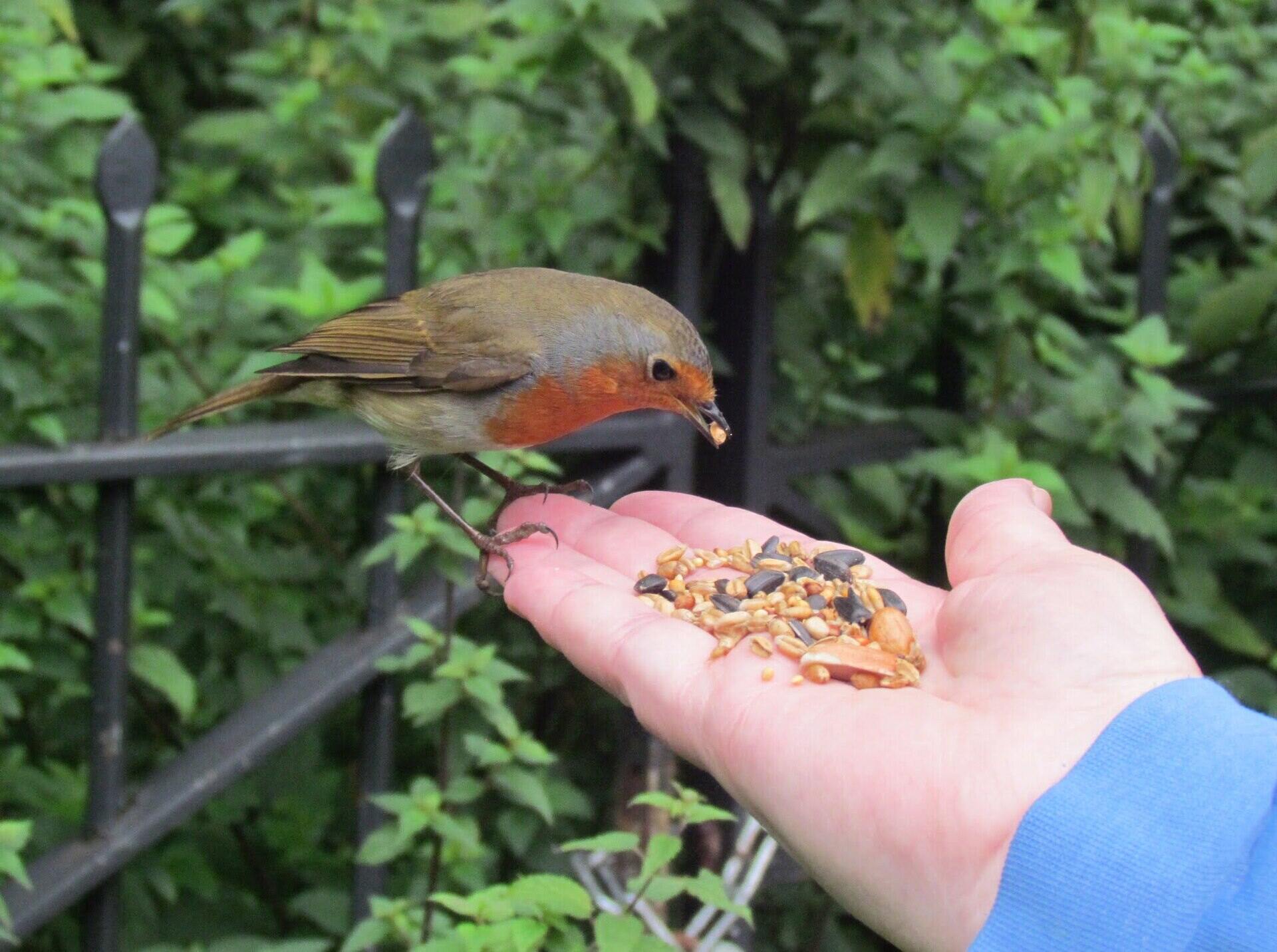

Garden Essentials
What Kind Of Bird Seed Do Robins Eat
Modified: March 24, 2024
Discover the best bird seeds for your garden to attract and nourish robins. Learn what kind of bird seed robins prefer and create a thriving habitat for these beautiful birds.
(Many of the links in this article redirect to a specific reviewed product. Your purchase of these products through affiliate links helps to generate commission for Storables.com, at no extra cost. Learn more)
Introduction
Welcome to the wonderful world of gardening and bird watching! If you are a nature enthusiast, chances are you have encountered the vibrant and melodious robin in your backyard. Robins are a common sight in many gardens, known for their distinctive orange-red breast and cheerful song. To attract and support these beautiful birds, it is important to understand what they eat and how to provide them with the right kind of nourishment.
In this article, we will delve into the dietary preferences of robins and explore the best bird seeds to offer them. We will also discuss other foods that can attract robins to your garden. By following these tips and recommendations, you can create a bird-friendly environment that will bring joy and beauty to your outdoor space.
So, grab your gardening tools and get ready to learn about the delightful world of robins and their preferred culinary choices!
Key Takeaways:
- Robins have a diverse diet, including insects, fruits, and berries. To attract them, offer bird seeds with dried fruits, nuts, and mealworms, along with fresh fruits and homemade suet.
- Creating a bird-friendly environment for robins involves providing varied foods, clean feeding stations, fresh water, and sheltered spaces. Patience and observation are key to attracting and nurturing these delightful birds.
Read more: What To Do If Dog Eats Bird Seed
Understanding Robins
Before we dive into the dietary preferences of robins, let’s take a moment to understand these charming birds. Robins belong to the thrush family and are native to North America. They are migratory birds, known for their distinctive springtime arrival, which is often associated with the arrival of warmer weather.
Robins are medium-sized birds, with an average length of about 9-11 inches. They have a plump body, a brownish-gray back, and a beautiful orange-red breast. Male and female robins look very similar, with the male having slightly brighter plumage.
These birds have a varied diet, feeding on a wide range of foods throughout the year. While they primarily consume insects and worms during the breeding season, their diet shifts to fruits and berries during the colder months when insects become scarce. Offering a diverse range of foods can help attract robins to your garden and provide them with the essential nutrients they need.
Robins are also known for their melodious song, which consists of a series of distinct notes. Their cheerful tunes often fill the air, adding a delightful ambiance to any garden.
Now that we have a better understanding of these wonderful creatures, let’s explore what they like to eat!
What do Robins Eat?
Robins have a diverse diet that includes both animal and plant-based foods. Their primary food sources vary depending on the time of year and the availability of food. Here’s a closer look at what robins eat:
- Insects: During the breeding season, robins heavily rely on insects and other invertebrates for sustenance. They have a particular fondness for earthworms, caterpillars, beetles, grubs, and spiders. In fact, it’s estimated that robins consume more than 50% of their diet in the form of insects.
- Fruits and Berries: As the weather gets colder and insects become scarce, robins shift their diet towards fruits and berries. They enjoy feasting on berries such as strawberries, blueberries, blackberries, and mulberries. They are also known to eat fruits like apples, cherries, and grapes.
- Small Vertebrates: Although less common in their diet, robins occasionally feed on small vertebrates like small frogs, lizards, and even small fish if they have access to wetland areas.
- Seeds and Nuts: While robins are not dependent on seeds and nuts, they may occasionally nibble on these food sources, especially during the colder months when other food options are limited.
It’s important to note that while robins do eat birdseed, it is not their primary source of nutrition. They are more likely to be attracted to bird feeders that offer a variety of fruits, suet, or mealworms rather than plain seed.
Now that we know what robins eat, let’s explore the factors to consider when choosing bird seeds specifically designed to attract robins.
Factors to Consider
When selecting bird seeds to attract robins, there are several factors to consider. These factors will help ensure that you provide the most suitable and appealing food options for these delightful birds. Here are the key factors to keep in mind:
1. Nutritional Value: Choose bird seeds that are nutritious and provide the essential vitamins, minerals, and energy that robins need. Opt for seeds that are high in protein and healthy fats, as these will help support their overall health and well-being.
2. Fruit and Mealworm Content: Robins are attracted to fruits and insects. Look for birdseed blends that contain dried fruits such as berries, cherries, and apples. Additionally, consider offering mealworms, which are a great source of protein for robins.
3. Size and Texture: Robins have a preference for smaller seeds and prefer a softer texture. Choose bird seeds that have smaller grains or crushed seeds, as these will be easier for them to eat and digest.
4. Seed Mixes: Consider purchasing a seed mix that is specifically formulated to attract robins. These mixes usually contain a combination of fruits, nuts, and smaller seeds that robins find appealing.
5. Suet and Mealworms: In addition to bird seeds, consider offering suet or mealworms to attract robins. These high-protein options can be easily placed in specialized feeders or scattered on bird feeding platforms.
6. Natural Food Sources: Remember that while providing bird seeds is important, it’s equally essential to create a garden environment that offers natural food sources for robins. Plant fruit-bearing trees and shrubs, such as hawthorn, elderberry, or serviceberry, to attract robins with their favorite fruits.
By considering these factors when choosing bird seeds for robins, you can enhance the likelihood of attracting these beautiful birds to your garden.
Robins eat a variety of foods, including insects, fruits, and berries. They are not big seed eaters, but they may eat small seeds like millet or sunflower seeds if they are mixed with other foods in a bird feeder.
Best Bird Seeds for Robins
Now that we understand what robins eat and the factors to consider, let’s explore some of the best bird seeds that are particularly appealing to robins:
1. Fruit and Nut Blend: Look for a bird seed blend that includes a mix of dried fruits like berries, cherries, and apples, along with nuts such as peanuts and almonds. This combination will provide a delicious and nutritious meal for robins.
2. Mealworms: Robins are insectivorous birds, so offering dried or live mealworms can be highly attractive to them. Sprinkle mealworms on a feeding platform or use a specialized mealworm feeder to entice robins to your garden.
3. Sunflower Chips: Choose sunflower chips or hulled sunflower seeds for robins. These smaller-sized seeds are easier for robins to eat and are packed with essential nutrients and healthy fats.
4. Suet: Consider placing a suet feeder in your garden with suet cakes specifically designed for robins. Suet provides a high-energy food source and is a great option to attract not only robins but also other bird species.
5. Dried Berries: Robins have a fondness for berries, so including dried berries in your bird seed mix or offering them separately can be a sure-fire way to entice these birds to your garden.
6. Dried Mealworm and Seed Mix: Look for a bird seed mix that includes a combination of dried mealworms and smaller-sized seeds like millet, cracked corn, or canary seeds. The mix should be specifically formulated to attract robins and provide them with a balanced diet.
Remember to regularly clean and replenish your bird feeders to ensure freshness and attract more robins to your garden. Providing a water source, such as a birdbath, can also help attract and nourish robins and other bird species.
By offering these bird seeds and food options, you’ll create a welcoming environment that will delight robins and turn your garden into a bustling bird sanctuary!
Read more: What Birds Eat Seeds
Other Foods to Attract Robins
While bird seeds are a great option to attract robins, there are also other foods you can offer to entice these charming birds to your garden. Here are some additional food choices that robins find appealing:
1. Fresh Fruits: In addition to dried fruits, robins enjoy feasting on fresh fruits. Offer a variety of sliced fruits such as apples, oranges, or grapes on a bird feeding platform. Ensure that the fruits are ripe but not overripe, as robins prefer firm textures.
2. Mealworms: As mentioned earlier, mealworms are a favorite food of robins. You can purchase live or dried mealworms from bird supply stores or online retailers. Place them in a specialized mealworm feeder or scatter them on a feeding platform.
3. Insect Baths: Robins are insectivorous birds, so creating a water feature in your garden that attracts insects will also attract robins. Install a shallow bird bath or even a small pond to provide a water source where insects can gather.
4. Homemade Suet: Make your own suet mix by combining melted suet or vegetable shortening with ingredients like oats, peanut butter, or cornmeal. Robins are known to enjoy suet, and a homemade suet mix can be a nutritious and enticing treat for them.
5. Mulch and Compost: Robins have an affinity for digging through mulch and compost in search of insects and worms. By maintaining an organic garden and keeping layers of mulch or compost, you’ll create an attractive foraging ground for robins.
6. Berry-Producing Plants: In addition to providing bird feeders and supplemental foods, consider planting berry-producing plants in your garden. Native shrubs such as elderberry, serviceberry, or viburnum will not only provide a natural food source but also add beauty to your landscape.
Remember to offer these additional foods in moderation and alongside a well-balanced diet of bird seeds and natural food sources. Observing robins and their feeding preferences can also give you valuable insights into their preferred foods, allowing you to tailor your offerings accordingly.
By providing a diverse range of enticing foods, you’ll create a bird-friendly haven that will attract robins and provide them with the nourishment they need.
Tips for Feeding Robins
Feeding robins can be a rewarding experience, and with a few tips, you can create an inviting environment that attracts these delightful birds. Here are some helpful tips to consider:
1. Provide a Variety of Foods: Offer a diverse range of foods to cater to robins’ preferences. Along with bird seeds, include fruits, mealworms, and suet in your feeding stations. This variety will attract a wider range of birds, including robins.
2. Offer Multiple Feeding Stations: Set up multiple feeding stations throughout your garden. Place bird feeders, feeding platforms, and suet feeders at different heights and locations to accommodate robins’ feeding habits.
3. Keep Feeders Clean and Fresh: Regularly clean bird feeders to prevent the growth of bacteria or mold. Replace the food as needed to ensure freshness. This will attract more robins and promote their health and well-being.
4. Provide Fresh Water: Alongside food, offer a fresh water source such as a bird bath or shallow dish. Robins need water for both drinking and bathing, so keeping the water clean and replenished will be appreciated by these birds.
5. Create Sheltered Spaces: Robins appreciate sheltered areas where they can feed and feel safe. Plant shrubs or trees near your feeding stations to provide cover from predators and harsh weather conditions.
6. Avoid Pesticides: Minimize the use of pesticides in your garden, as they can harm not only insects but also birds like robins. Opt for natural and organic pest control methods to maintain a healthy and safe environment for both birds and plants.
7. Monitor and Learn: Take the time to observe robins and their feeding behaviors. Notice their favorite food choices and adjust your offerings accordingly. This will ensure that you provide the most appealing foods to attract and nourish robins.
8. Patience is Key: It may take time for robins to discover and frequent your feeding stations. Be patient and consistent with your efforts. Once they find a reliable food source, they are likely to return regularly.
By following these tips, you can create an inviting space that not only attracts robins but also supports their overall well-being.
Conclusion
Attracting robins to your garden is a delightful endeavor that can bring beauty and song to your outdoor space. By understanding their dietary preferences and providing the right foods, you can create a bird-friendly environment that will enchant both birdwatchers and nature lovers.
Remember that robins have a varied diet, encompassing insects, fruits, berries, and even small vertebrates. While bird seeds can be a part of their diet, it’s important to offer a diverse range of foods to meet their nutritional needs.
Consider using bird seed blends that include dried fruits, nuts, and mealworms, as well as providing fresh fruits and homemade suet. Planting berry-producing shrubs and creating natural feeding areas, such as mulch or compost, can further entice robins to your garden.
Ensure that you maintain clean feeding stations, provide fresh water, and create sheltered spaces for robins to feel safe and comfortable while feeding. Minimize the use of pesticides to protect both the birds and the environment, and be patient as robins discover and frequent your offerings.
Feeding robins is not just about attracting these birds; it’s about fostering a deeper connection with nature and creating a haven for wildlife. As you observe robins visiting your garden, take a moment to appreciate their vibrant colors, melodious songs, and the joy they bring to your outdoor space.
So, grab your bird feeders, stock up on delicious foods, and get ready to welcome these beautiful robins into your garden. With a little effort and a lot of love for these fascinating creatures, you’ll create a haven that will be cherished by both humans and robins alike.
Frequently Asked Questions about What Kind Of Bird Seed Do Robins Eat
Was this page helpful?
At Storables.com, we guarantee accurate and reliable information. Our content, validated by Expert Board Contributors, is crafted following stringent Editorial Policies. We're committed to providing you with well-researched, expert-backed insights for all your informational needs.
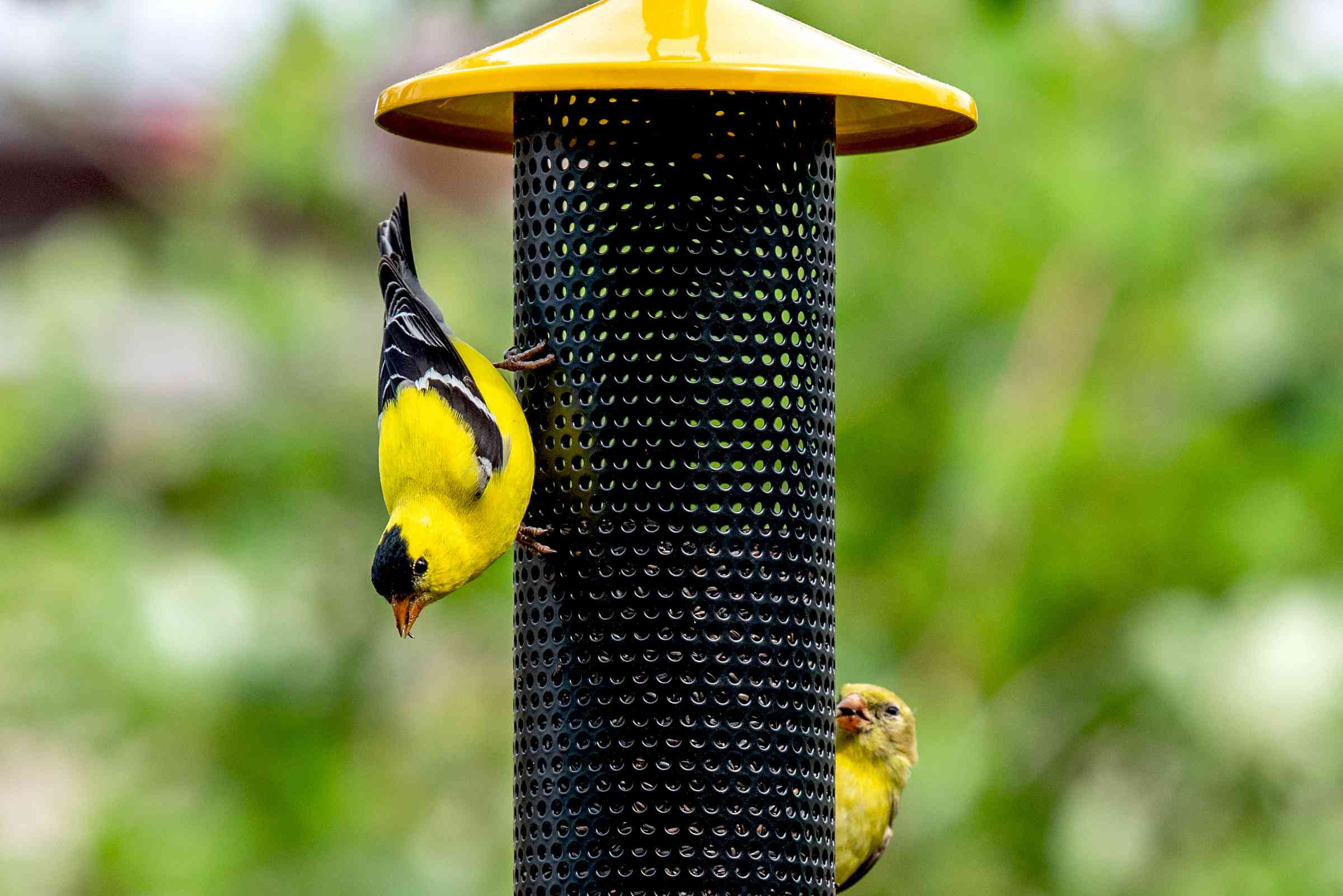
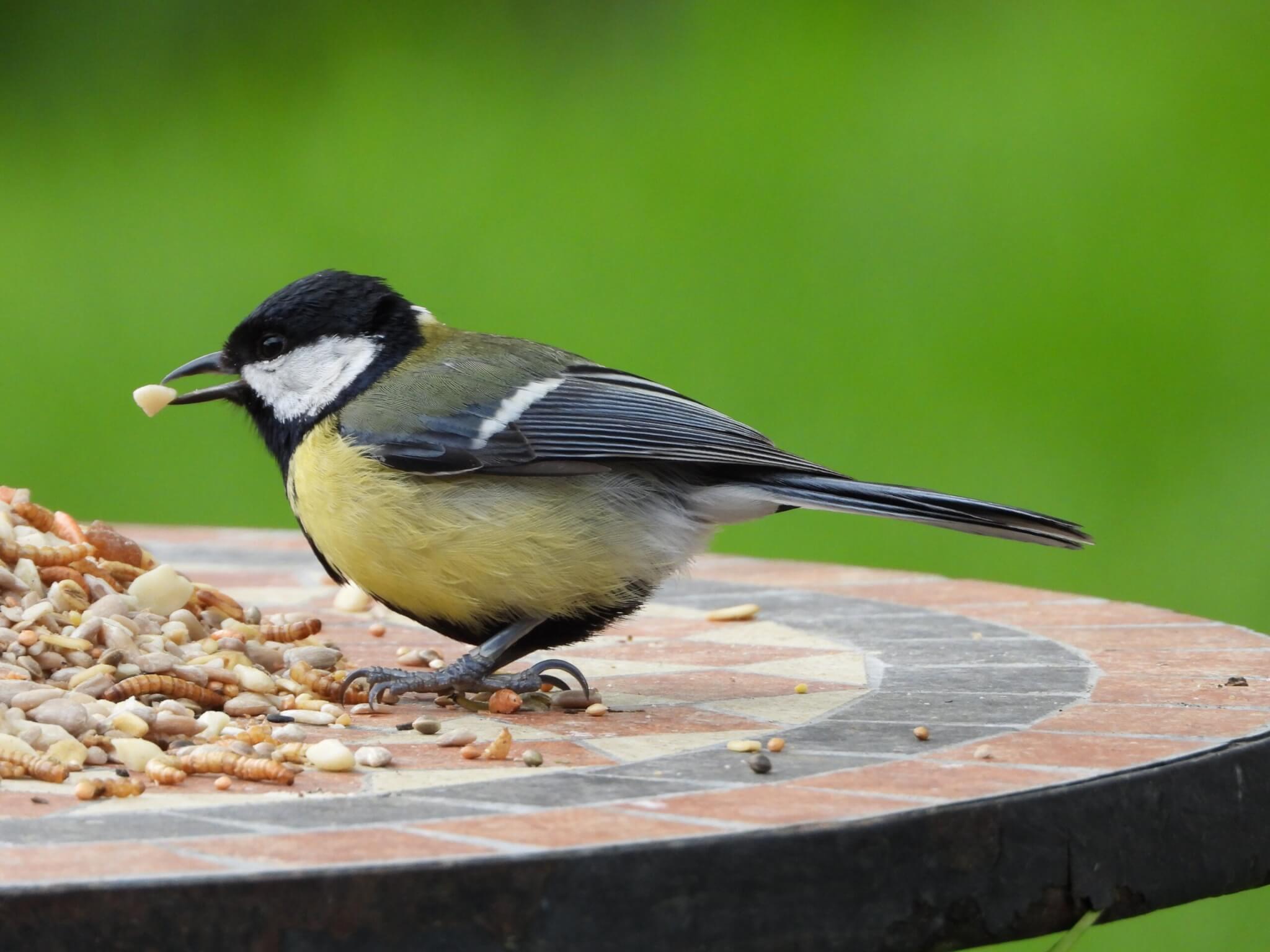
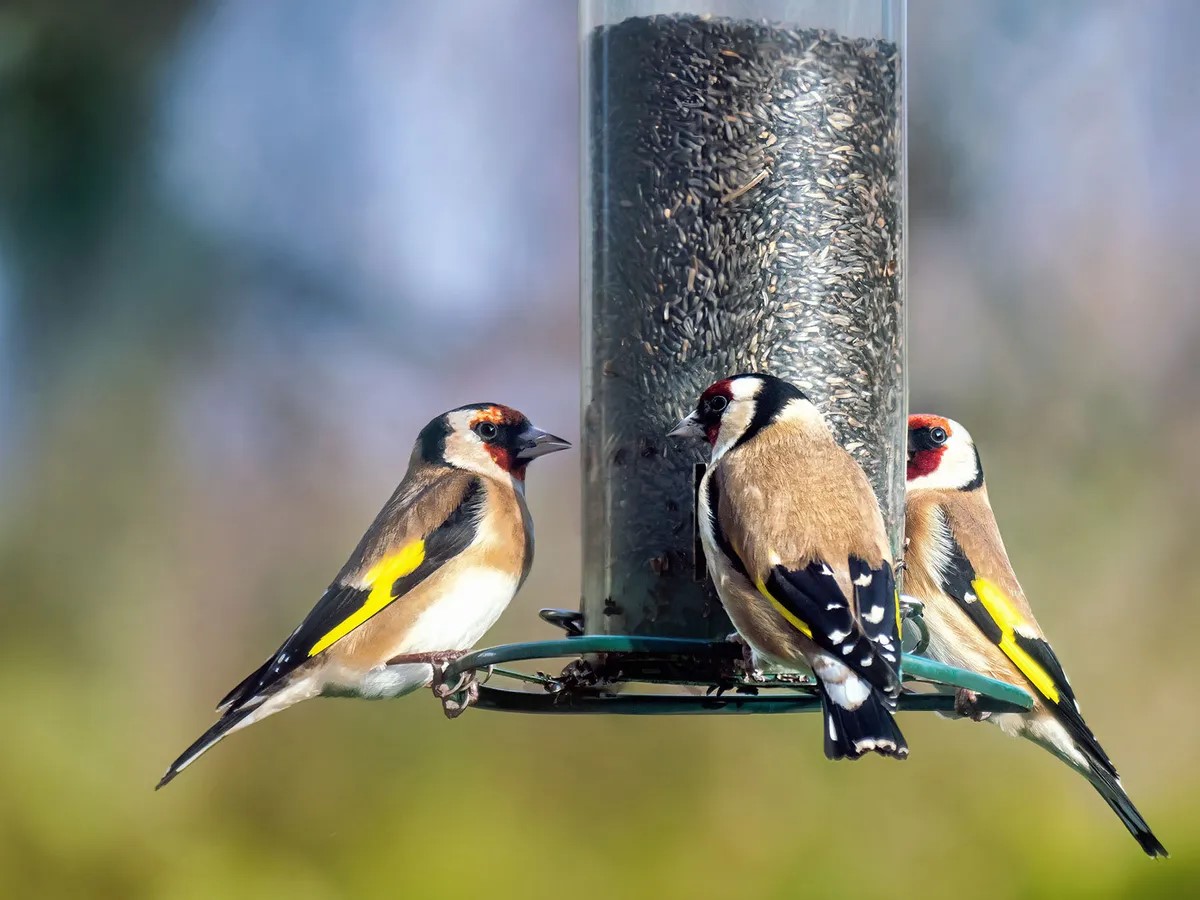
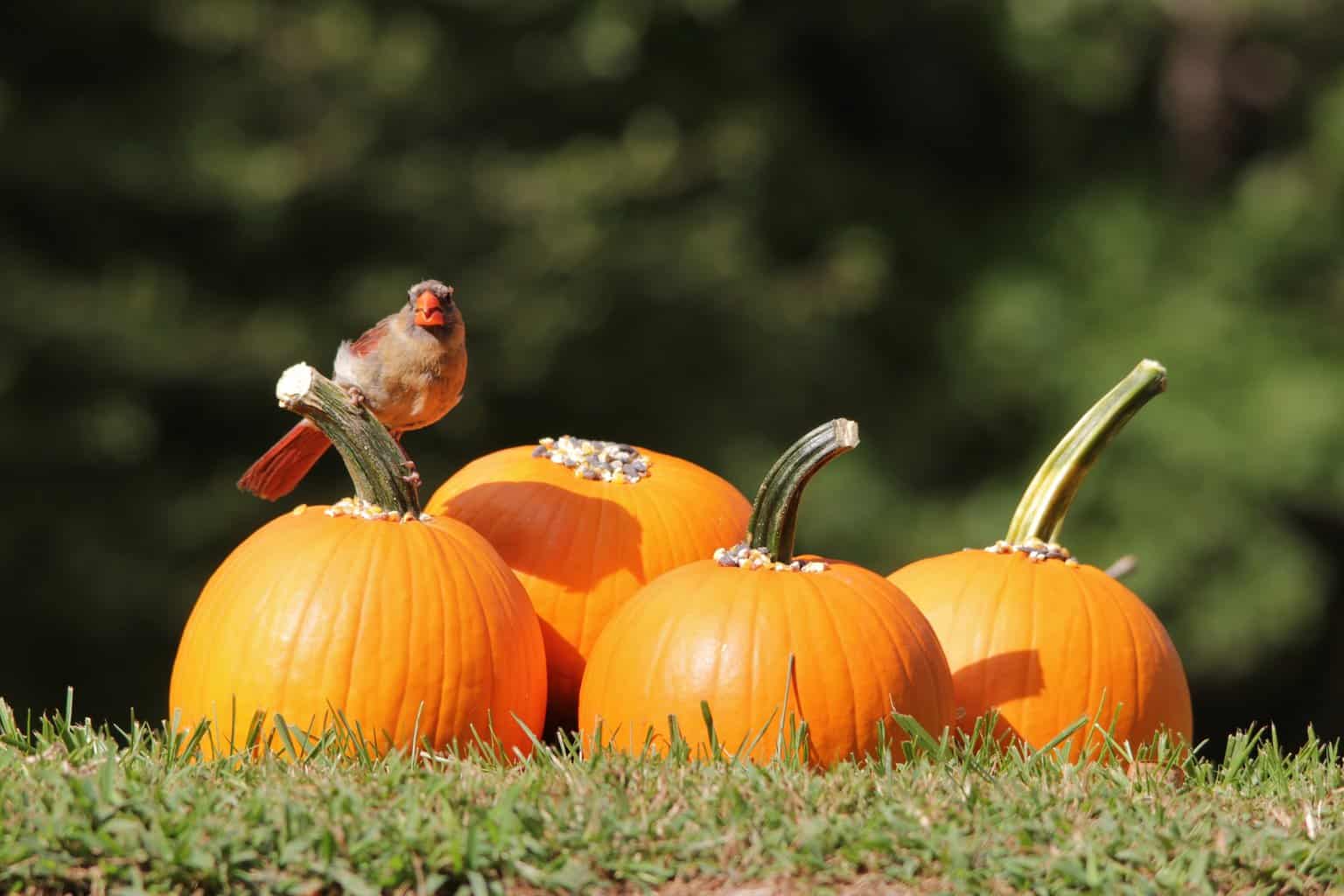
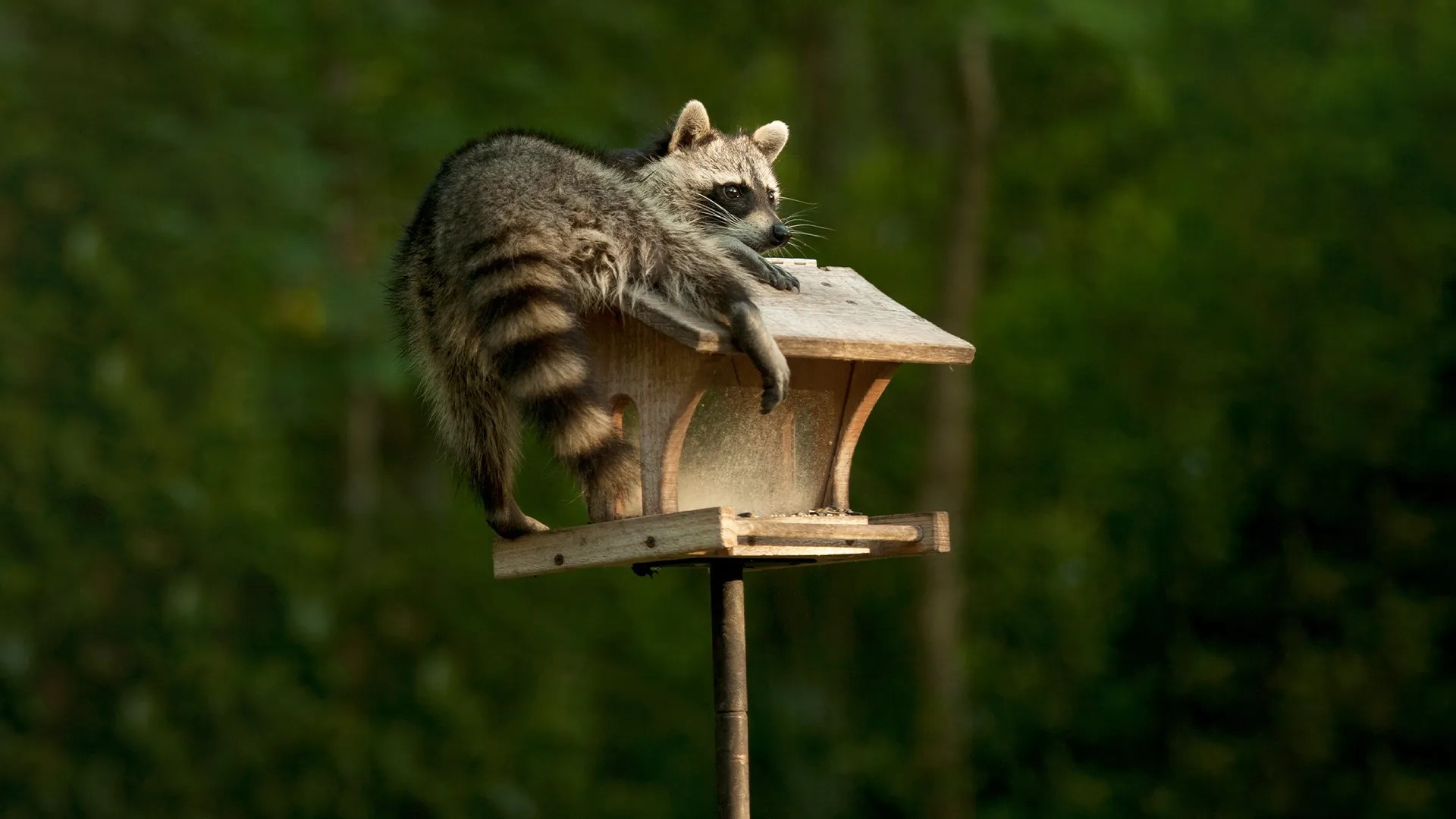
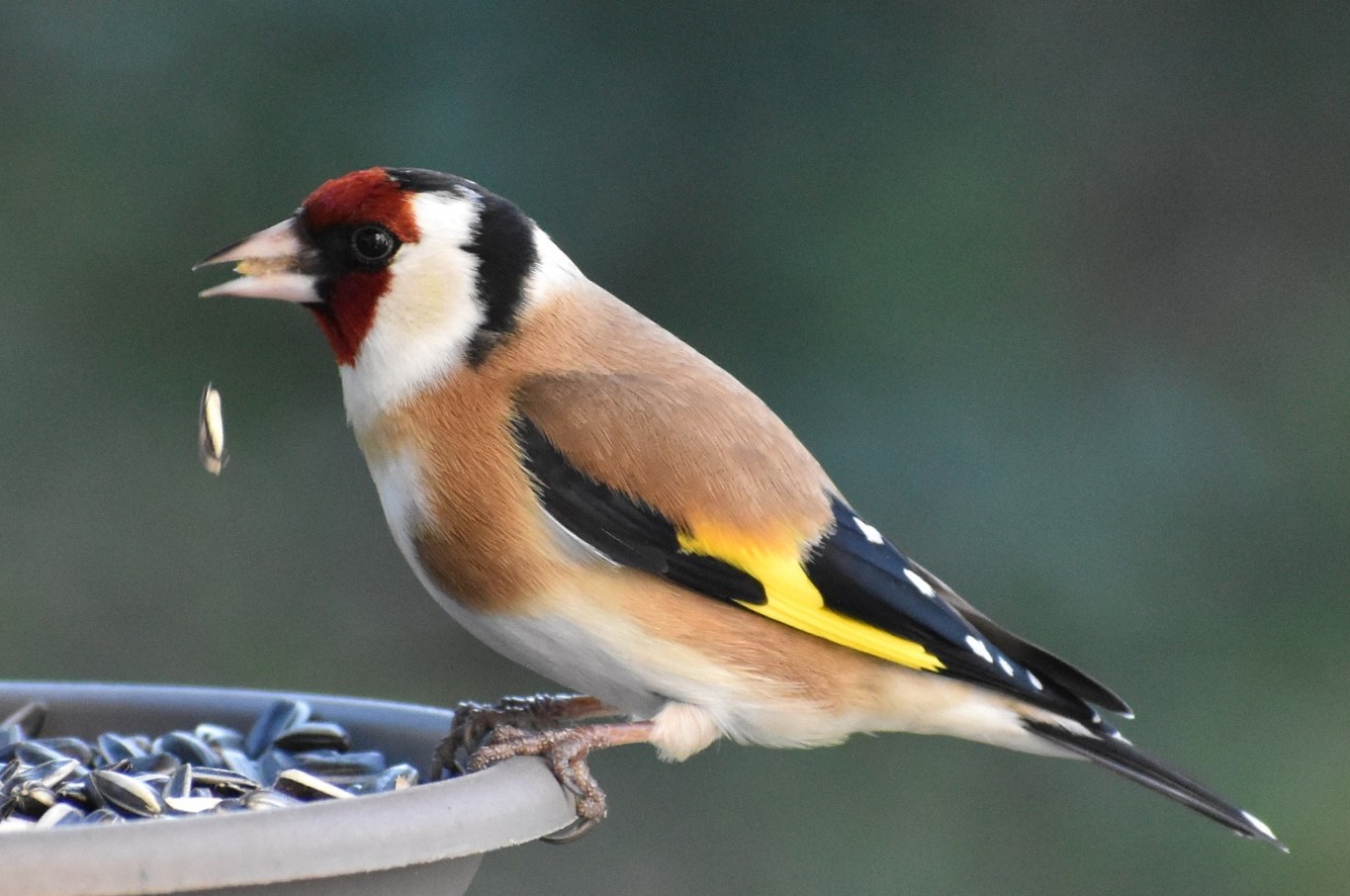
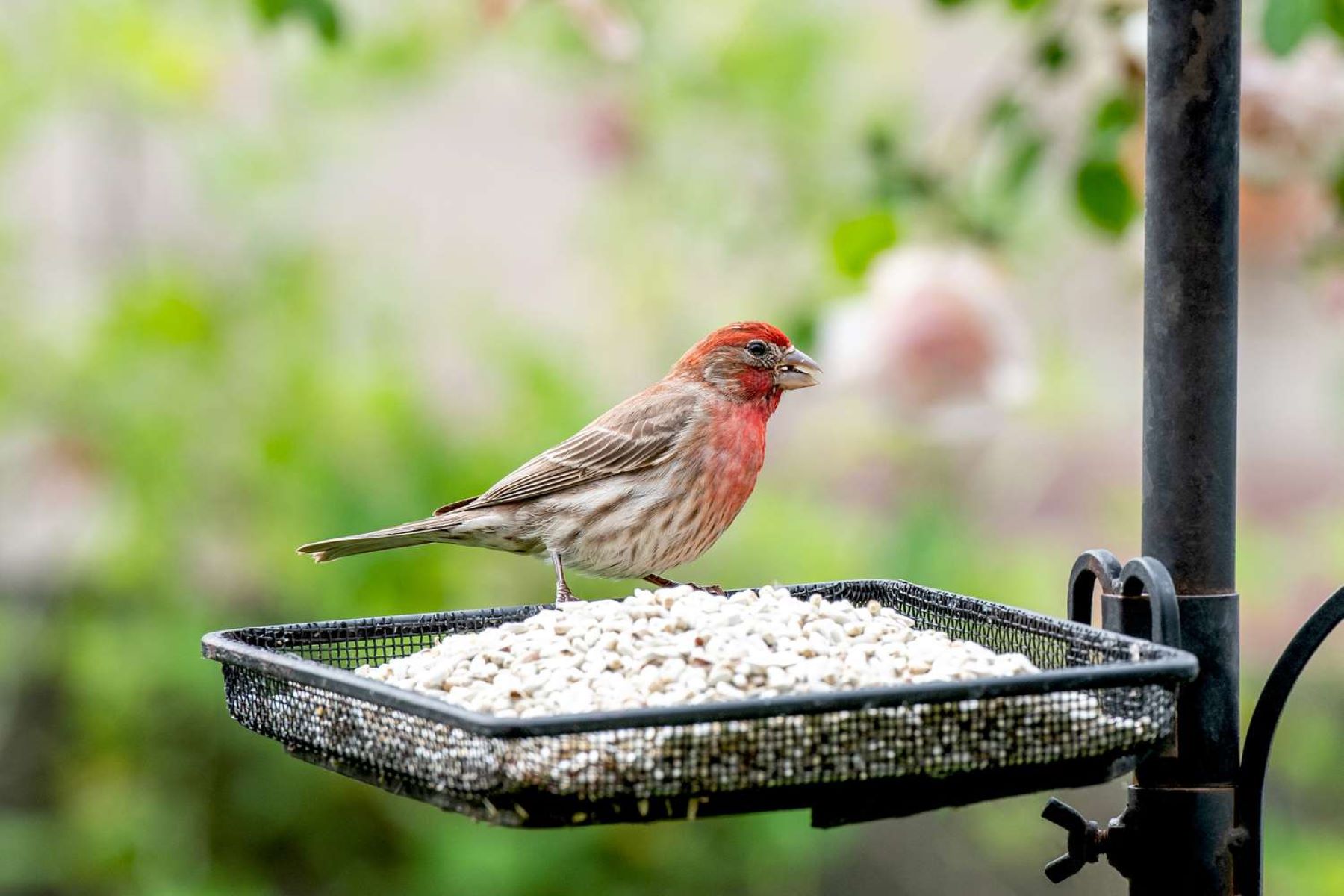
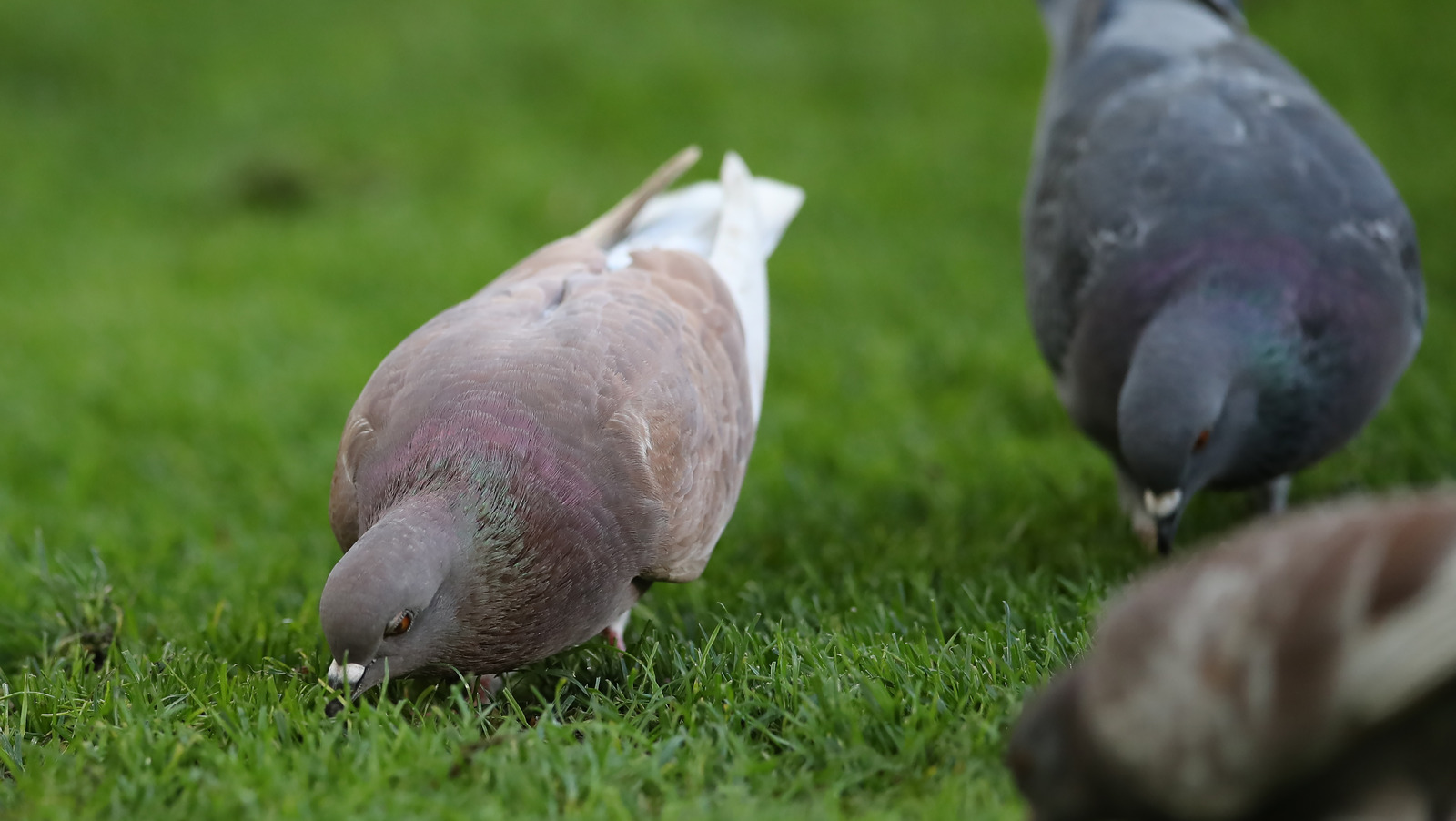
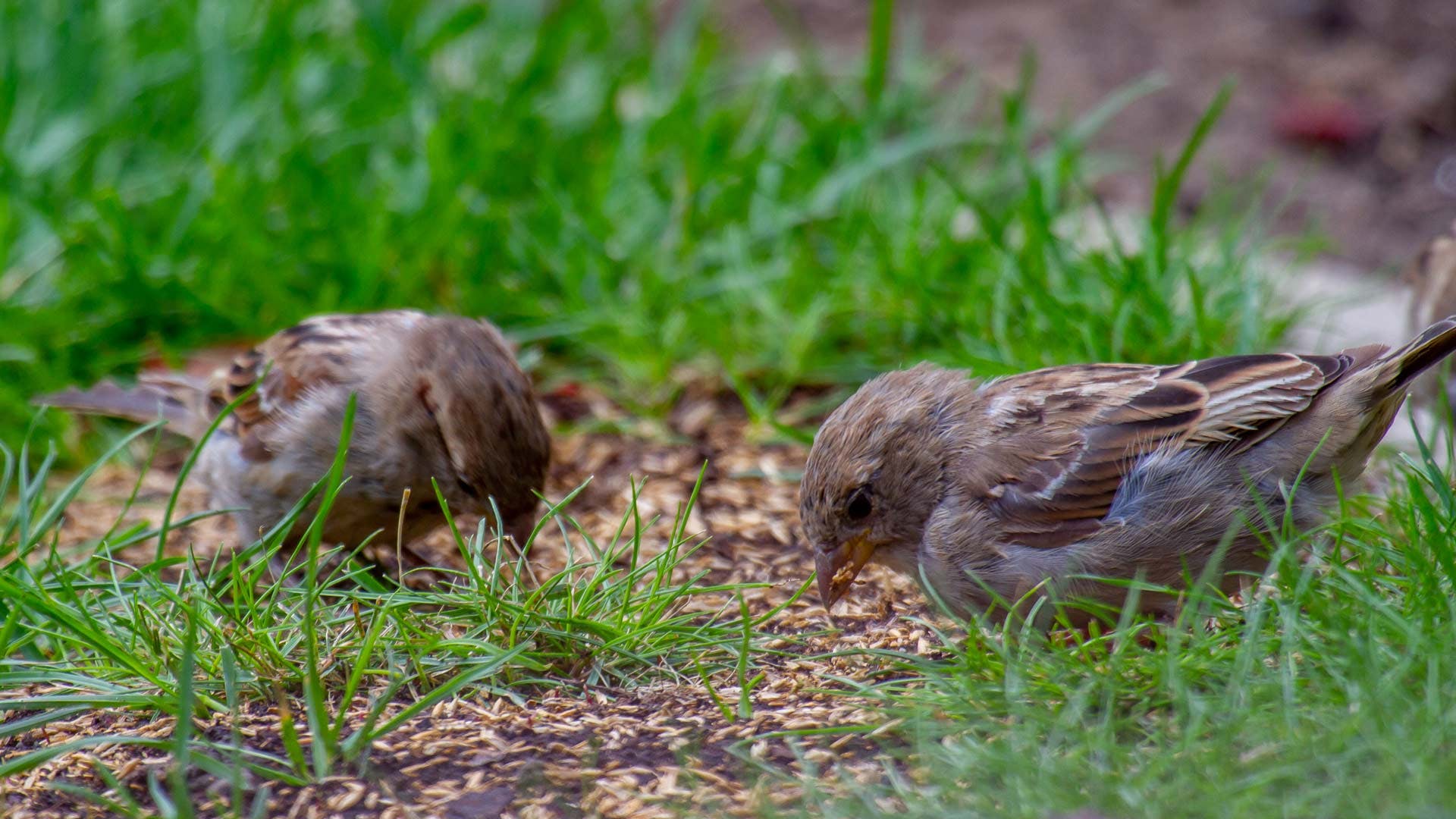
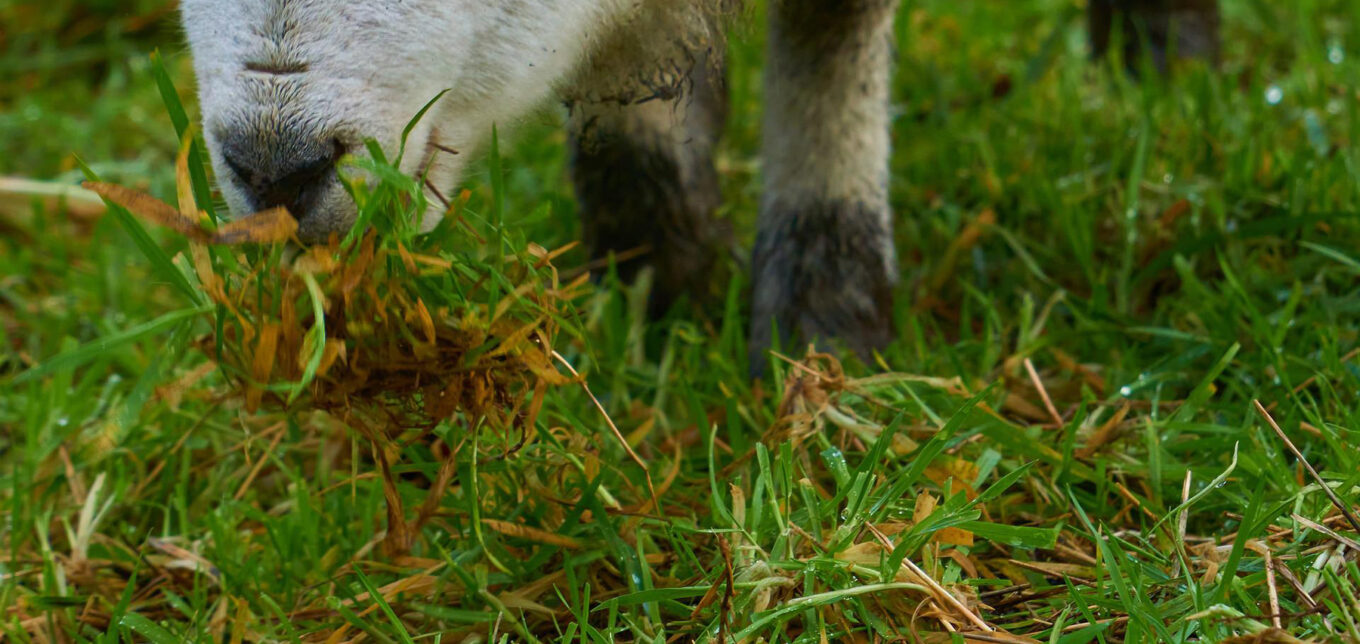
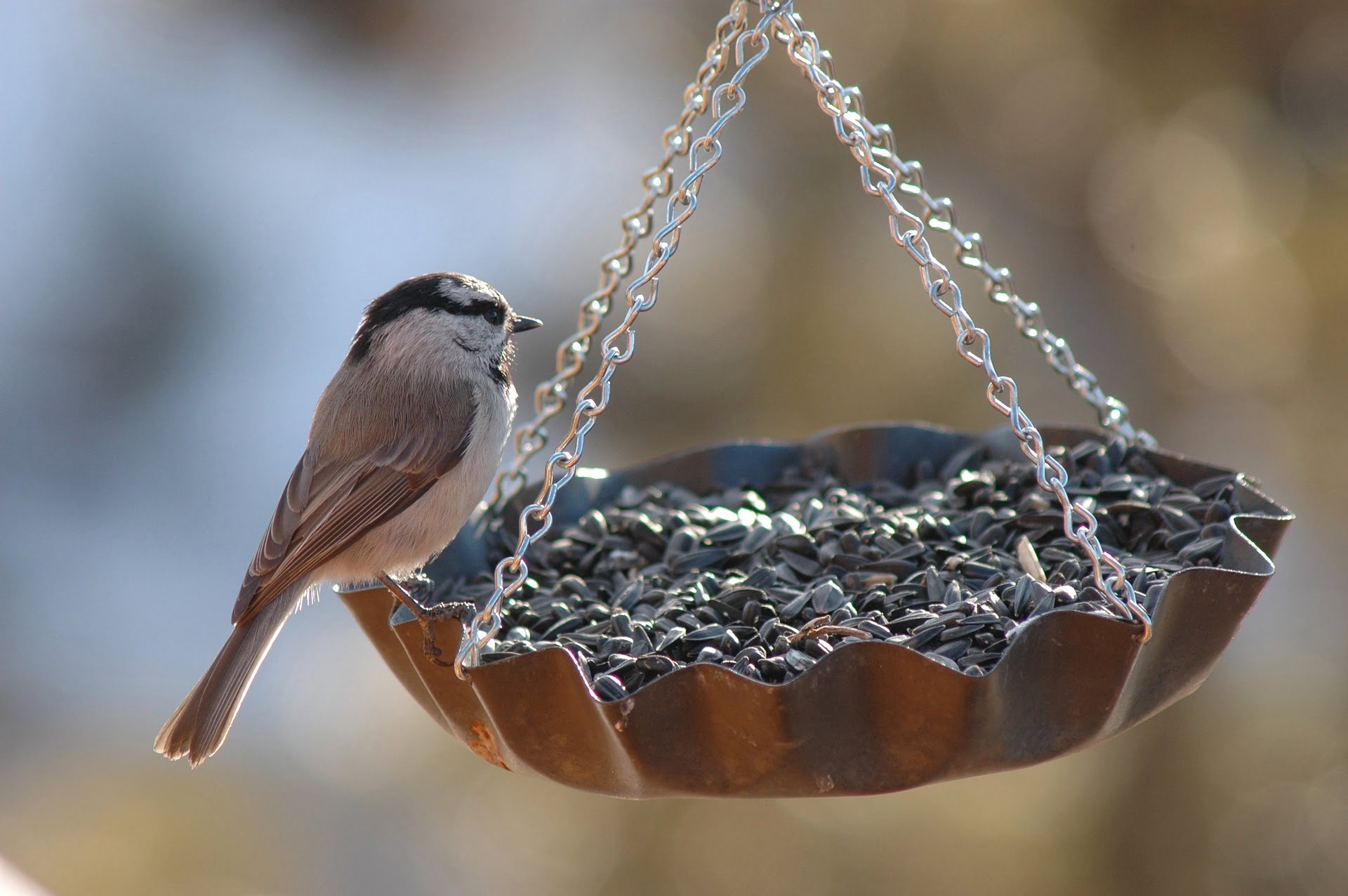
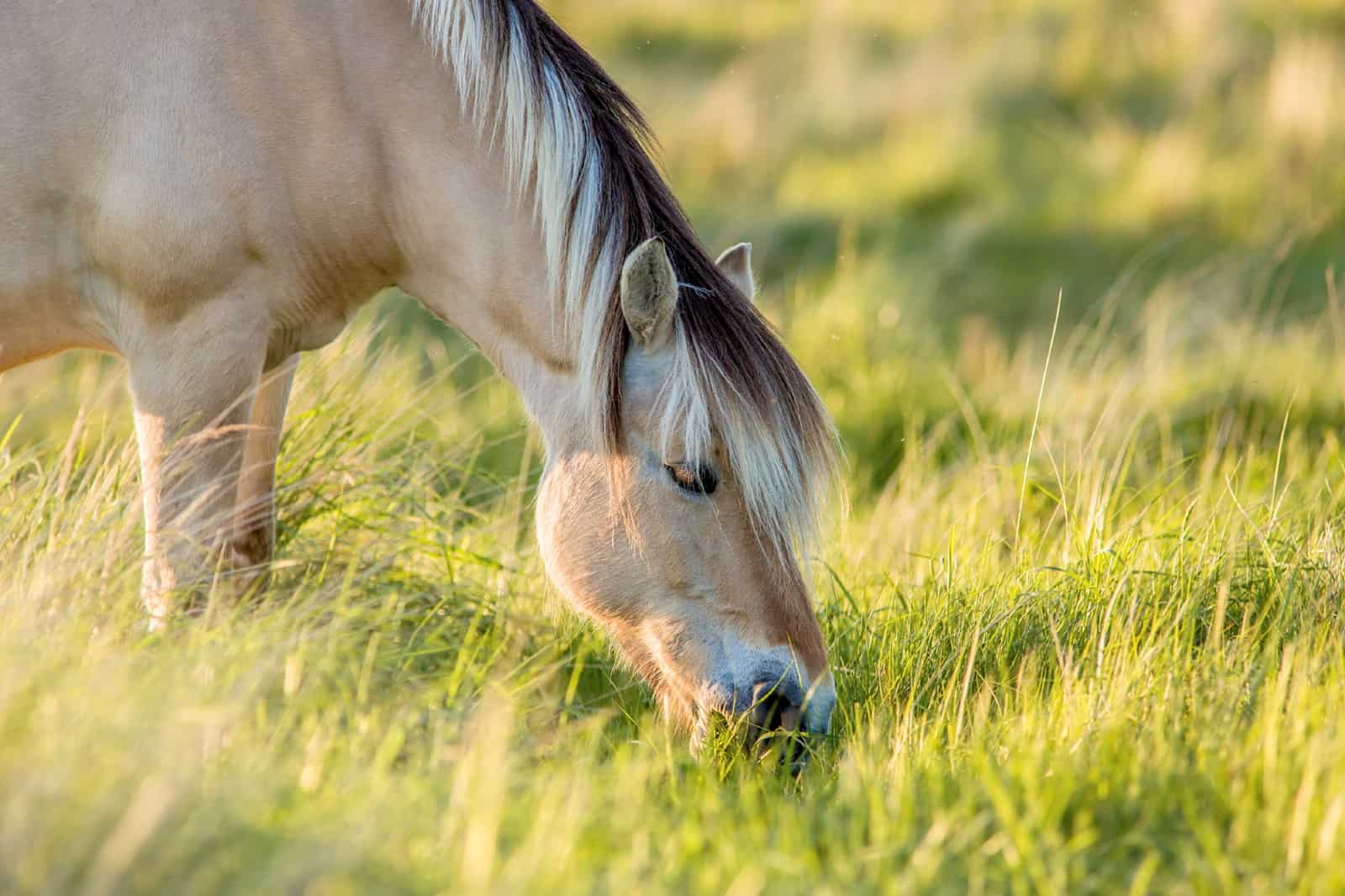
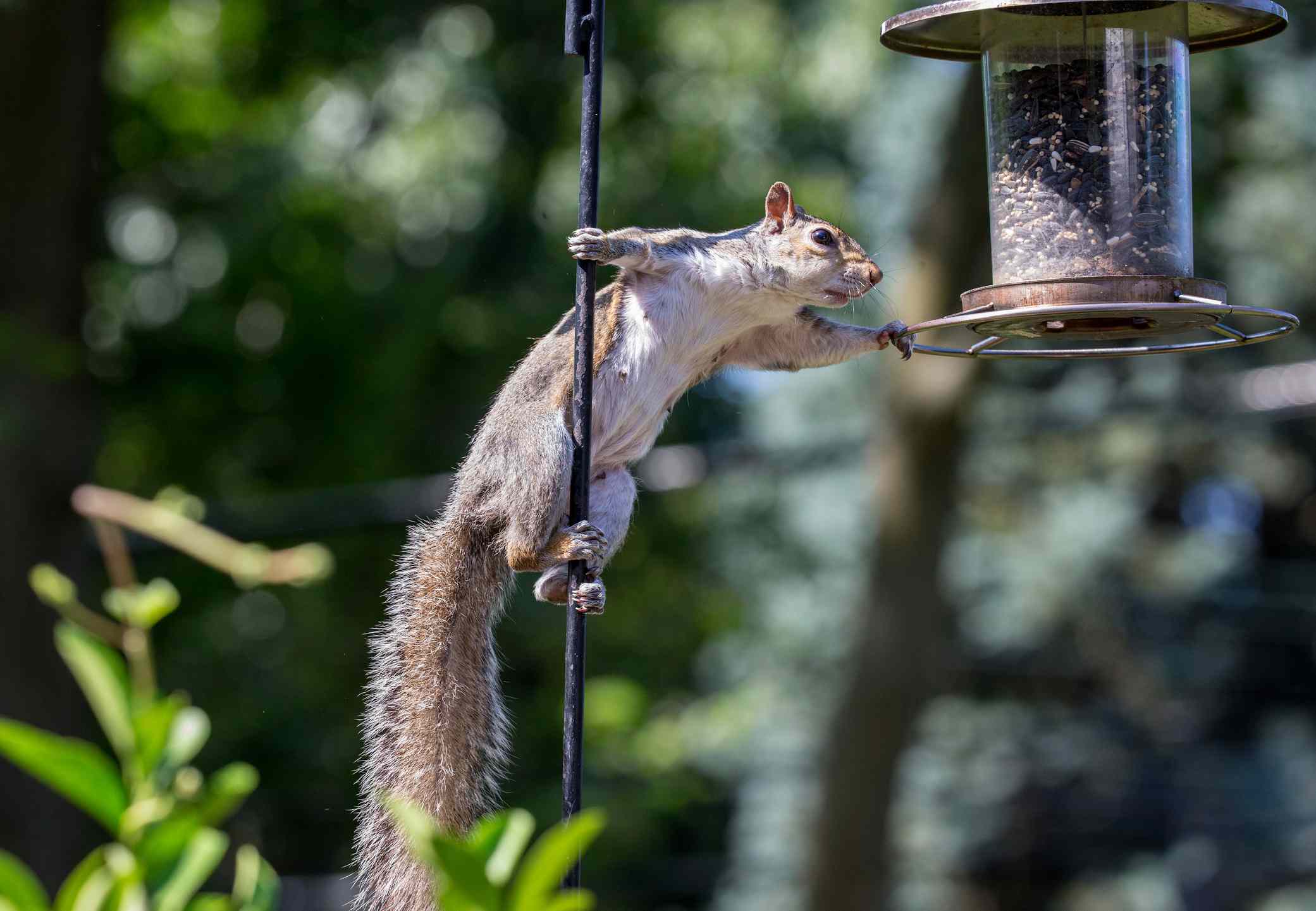
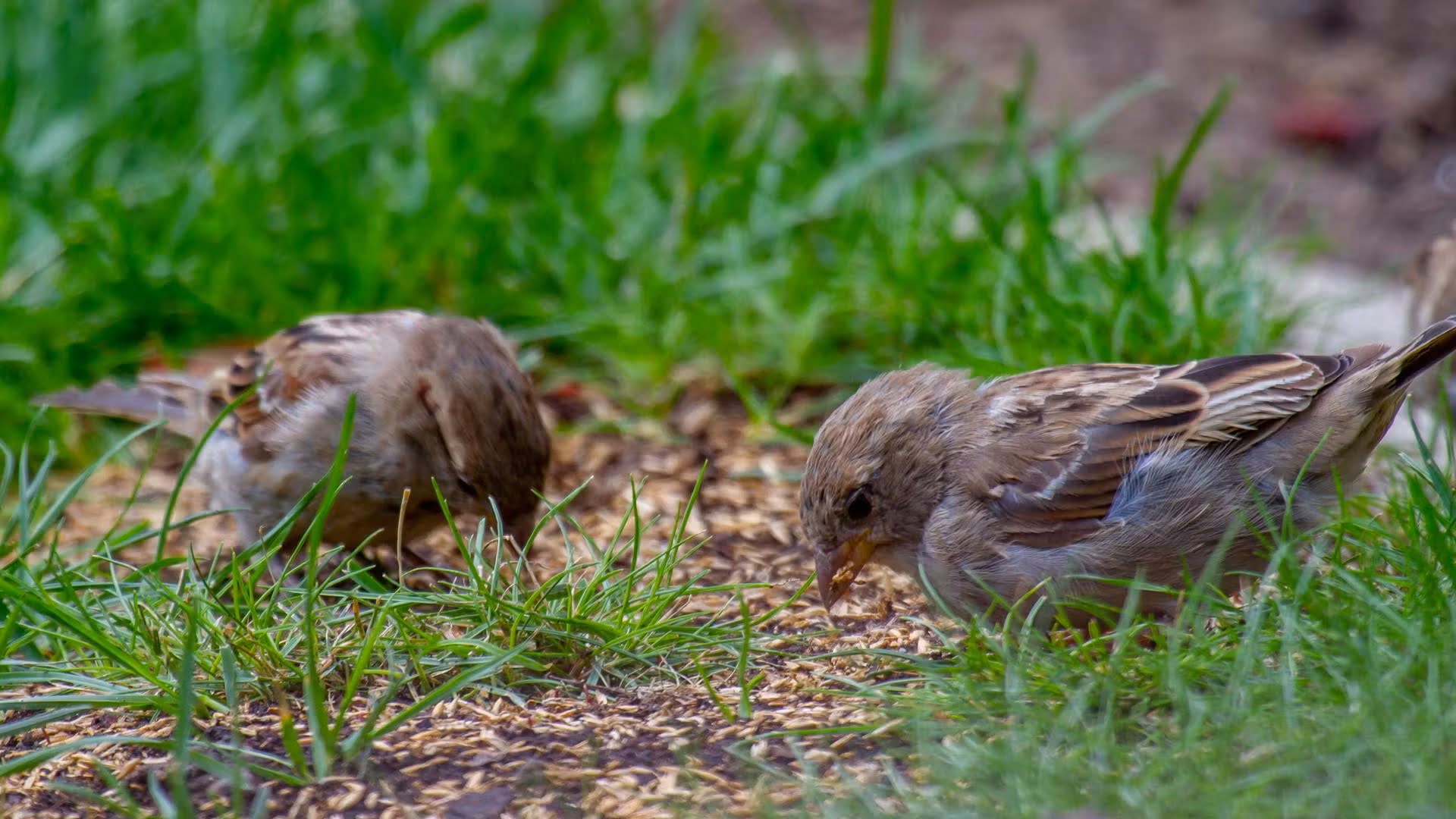

0 thoughts on “What Kind Of Bird Seed Do Robins Eat”